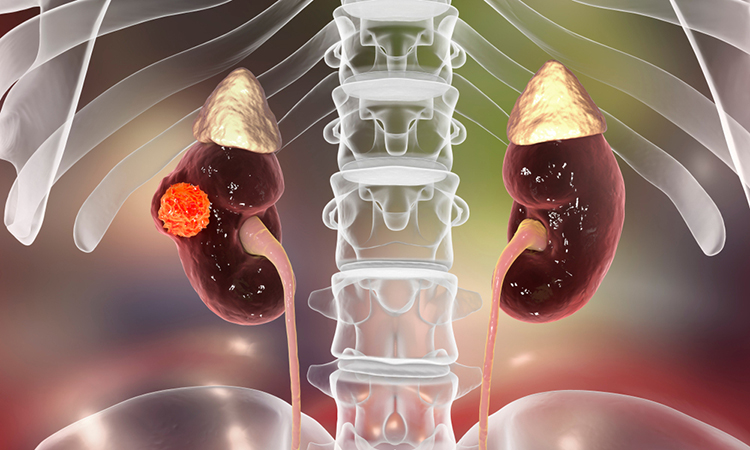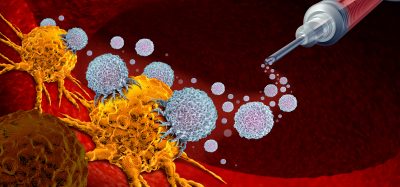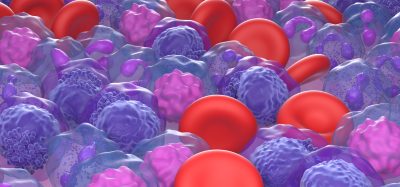Researchers have linked resistance to kidney cancer treatment to low mitochondrial content in cancer cells
Posted: 28 June 2022 | Ria Kakkad (Drug Target Review) | No comments yet
When the researchers increased the mitochondrial content with an inhibitor, the cancer cells responded to the treatment.

Scientists at Karolinska Institutet, Sweden, have linked resistance to treatment for a deadly form of kidney cancer to low mitochondrial content in the cell. When the researchers increased the mitochondrial content with an inhibitor, the cancer cells responded to the treatment. Their findings, which are published in Nature Metabolism, offer hope for more targeted cancer drugs.
“We have shown for the first time how the formation of new mitochondria is regulated in cells that lack oxygen and how this process is altered in cancer cells with VHL mutations,” said Associate Professor Susanne Schlisio.
The researchers examined the protein content of cancer cells from patients with different variants of VHL syndrome, and how they differed from another group of individuals with a special VHL mutation called Chuvash, a mutation involved in hypoxia-sensing disorders without any tumour development. Those with the Chuvash VHL-mutation had normal mitochondria in their cells, while those with VHL syndrome mutation had few.
To increase the amount of mitochondrial content in VHL related kidney cancer cells, the researchers treated these tumours with an inhibitor of a mitochondrial protease called “LONP1”. The cells then became susceptible to the cancer drug sorafenib, which they had previously resisted. In mouse studies, this combination treatment led to reduced tumour growth.
“We hope that this new knowledge will pave the way for more specific LONP1 protease inhibitors to treat VHL-related clear cell kidney cancer,” concluded the study’s first author Shuijie Li. “Our finding can be linked to all VHL syndromic cancers, such as the neuroendocrine tumours pheochromocytoma and paraganglioma, and not just kidney cancer.”
Related topics
Drug Leads, Drug Targets, Oncology
Related conditions
Kidney Cancer
Related organisations
Karolinska Institutet
Related people
Associate Professor Susanne Schlisio, Shuijie Li







